Communicating with Family During the Holidays
The holiday season has arrived, and with it some charged emotions. Regardless of our relationships with the holidays and/or our families, we can all empathize with the stress of planning, traveling, connecting, and communicating. Social and familial pressures increase around the holidays as routines change.
“So how do we stay true to our needs and commit to communicating those needs to those around us?”
Well first we need to understand where we are coming from. Do we have a fractured relationship with our family? If so, the holidays may be very triggering and isolating. How do we tend to our needs? How can we nurture feeling loved and connected? If we have a positive relationship with our family, how do we stay present and mindful of our interactions and communication? How do we remain mindful of traps that lead us into playing into old roles? How can we practice setting healthy boundaries with who we are and who we are becoming?
Both of the scenarios (and all the common experiences in-between) involve communication. Communicating with ourselves and communicating with others. This requires implementing practices in self-awareness, slowing down and employing assertive communication, and reframing. We have to see ourselves of deserving of new experiences and relationships, especially when we find ourselves in practiced (and well-rehearsed) scenarios. We have to remind ourselves that we have a choice in how we respond/react. But in order to do that we have to be aware of what those common traps/ways of interacting are, and then be willing to be uncomfortable as we forge new ways in old relationships.
“We have to remind ourselves that we have a choice in how we respond/react.”
Self-Awareness
How do we maintain a consistent practice of self-awareness during such a busy time? Well…we call upon the ritual gods and start to integrate mindfulness practices into our everyday routine! Set reminders, assign an accountability buddy, and prioritize it. Some examples of mindfulness practices include:
- Practice mindful eating: give yourself time to notice each bite. Notice the smells, the textures, the taste, the sounds (chewing, breath). What emotions/thoughts come up to try and interrupt or hijack you away from staying present with your senses while you eat.
- Set a reminder on your phone to check in. What are you thinking? What are you feeling? What physical sensations are you experiencing? Stay in a space of curiosity and non-judgment. Observe and then move on!
- BOOKENDS. Implement rituals to start and close your day (brushing your teeth is a great example of this). Read. Meditate. Burn sage, incense, or candles. Connect with someone. Get creative and have fun with it.
- SLOW DOWN. This is a really busy time of year. We go on auto-pilot so easily and frequently. Schedule things throughout your day that force you to SLOW DOWN. Take a walk. Eat a meal. Meditate (we’ll mention this one a lot). Color. Dance. Sing.
Communication
Most conflict starts because of disrupted communication channels. More than with anyone else in our lives, we make major assumptions about our family. So regardless of what they say to us, we are going to base our interpretation on the assumptions we make about who that person is and what they desire. Our brain does this automatically (to protect us). If something is highly predictable then we can avoid getting hurt. Well this is only partially true. Because if we are open and can set healthy boundaries (see our blog on boundaries here: http://www.boostcounseling.com/blog-2/boundaries ) then we also give ourselves the gift of a fresh perspective. A fresh perspective can let us take things less personally, remain compassionate, and allow for honest and vulnerable conversations.
We all need to strive to be assertive. And assertive communication requires all of us to work. It doesn’t come 100% naturally to anyone. And in order to learn how to be more assertive, we must be reflective in what our natural communication style is. So what communication style do you tend to lean on? Aggressive? Passive? Passive-aggressive?
After you answer that question (honestly), it’s time to learn how to assert our needs with compassion and kindness. If you tend to be more aggressive you may naturally want to be confrontational with your language and body. You may label people, pick fights, or need to have the last word. If you tend to be more passive, you may find yourself wanting to hide, both physically and emotionally. You may play the role of peacekeeper or begin ignoring your needs to avoid conflict. If you tend to be more passive-aggressive, you may find yourself shut-off until things add up to the point that you explode, either verbally or physically. You may find yourself bad-mouthing someone to another family member or drinking too much until your filter is drowned away. It’s important to be very honest with yourself about your natural tendencies so you can offer yourself new choices. We all deserve to name our needs, but how we do it has a huge impact on how it’s received.
“We all need to strive to be assertive.”
Try using new language frameworks:
- Instead of “you make me…” or “you are so…” try using “I feel (insert feeling word here)” and then following up with, “I need (insert action plan here).” For example: “I am feeling unheard and uncertain about how to navigate my relationship with you. And I need space.”
- Be candid about your feelings about having the difficult conversation: “This is really hard for me to say because I care about you and don’t want this to change our relationship.” This authenticity is an invitation to the other person versus an affront.
Do you best to avoid the pitfall of using an “I Statement” that is actually disguised as a blaming statement: “I feel angry because you take me for granted.” This statement doesn’t offer an opportunity for a deeper conversation. This statement assumes we know how someone else feels. And with this statement we then use that assumption as ammunition to place blame on them for making us feel a certain way.
Reframing
Offer yourself the opportunity to go into the situation with a positive frame of mind. How can you change the negative thinking/practices into positive thoughts/actions? For example: “My family has never had a joyful holiday. We always fight.” This is a common one I hear a lot in session. This is doomsday thinking and our brain then searches for evidence to prove that it is true. What if we were to reframe this thought? For example: “I get to be kind to myself this holiday. I get to respond to my needs.” Shifting “have to’s” into “get to’s” can be a helpful way to reframe our circumstances. Our brain then doesn’t compartmentalize our experience and we are more open to what occurs. And when we remain open, we are more prepared to respond instead of reacting.
What examples, questions, or thoughts do you have? Let’s talk about it!



